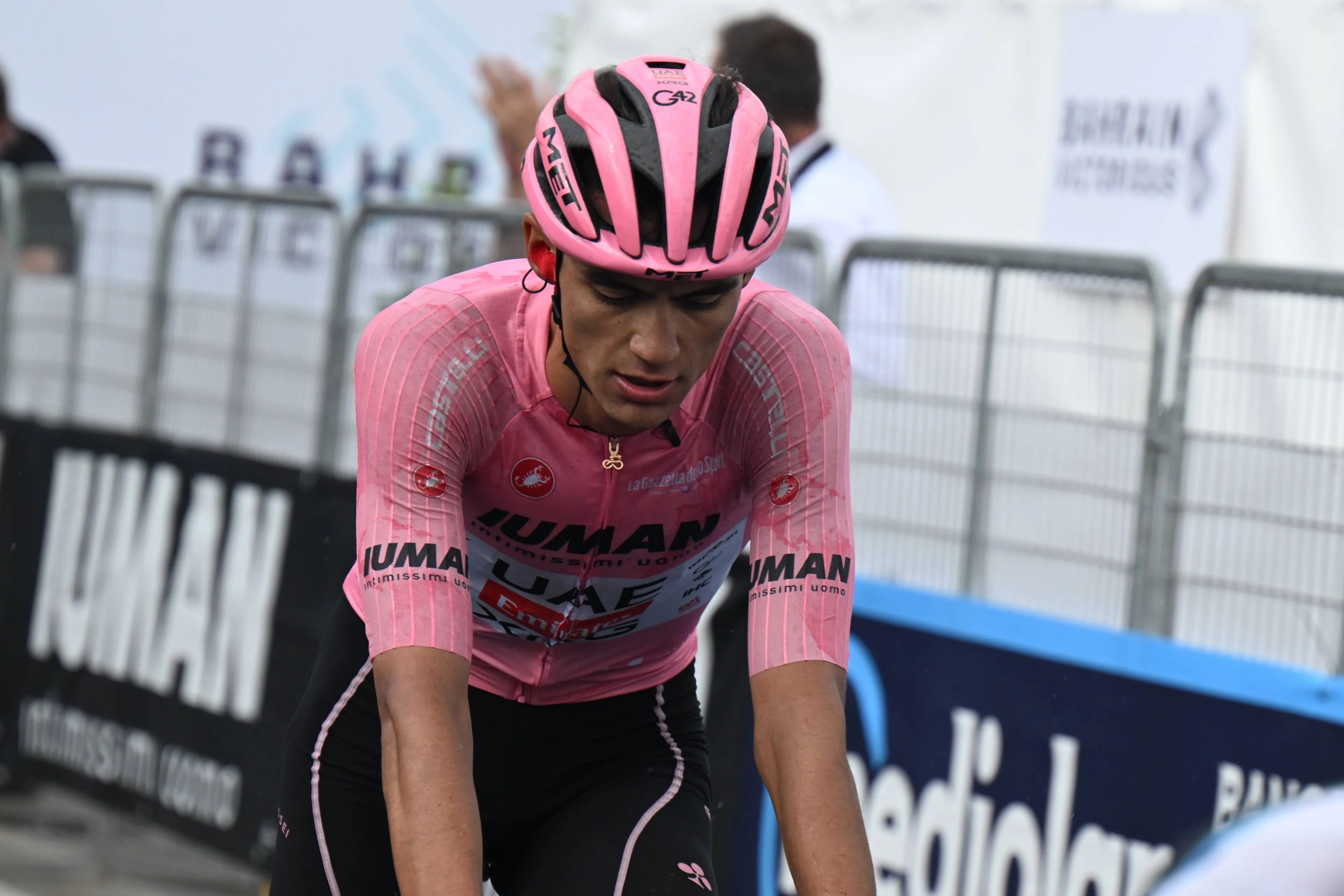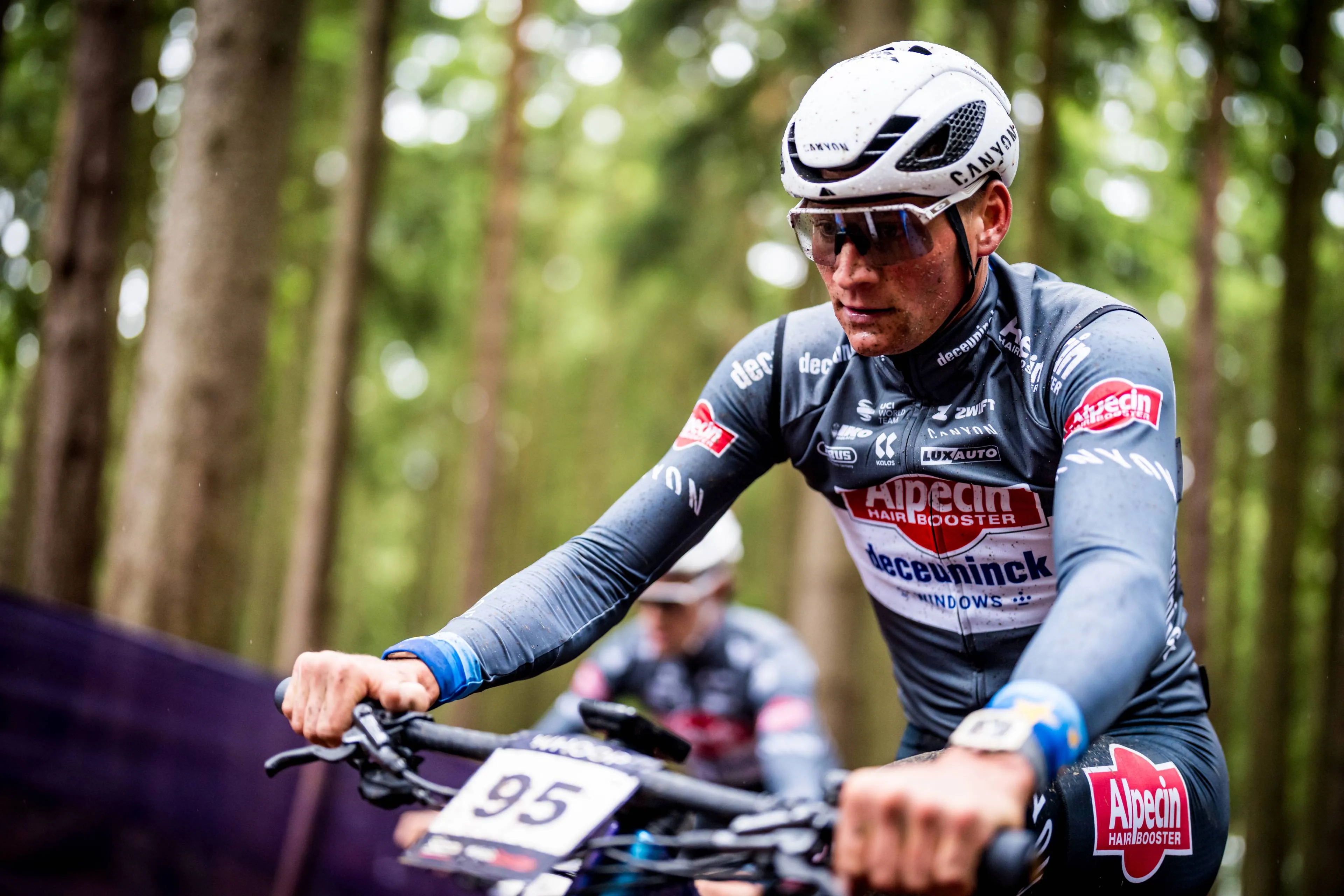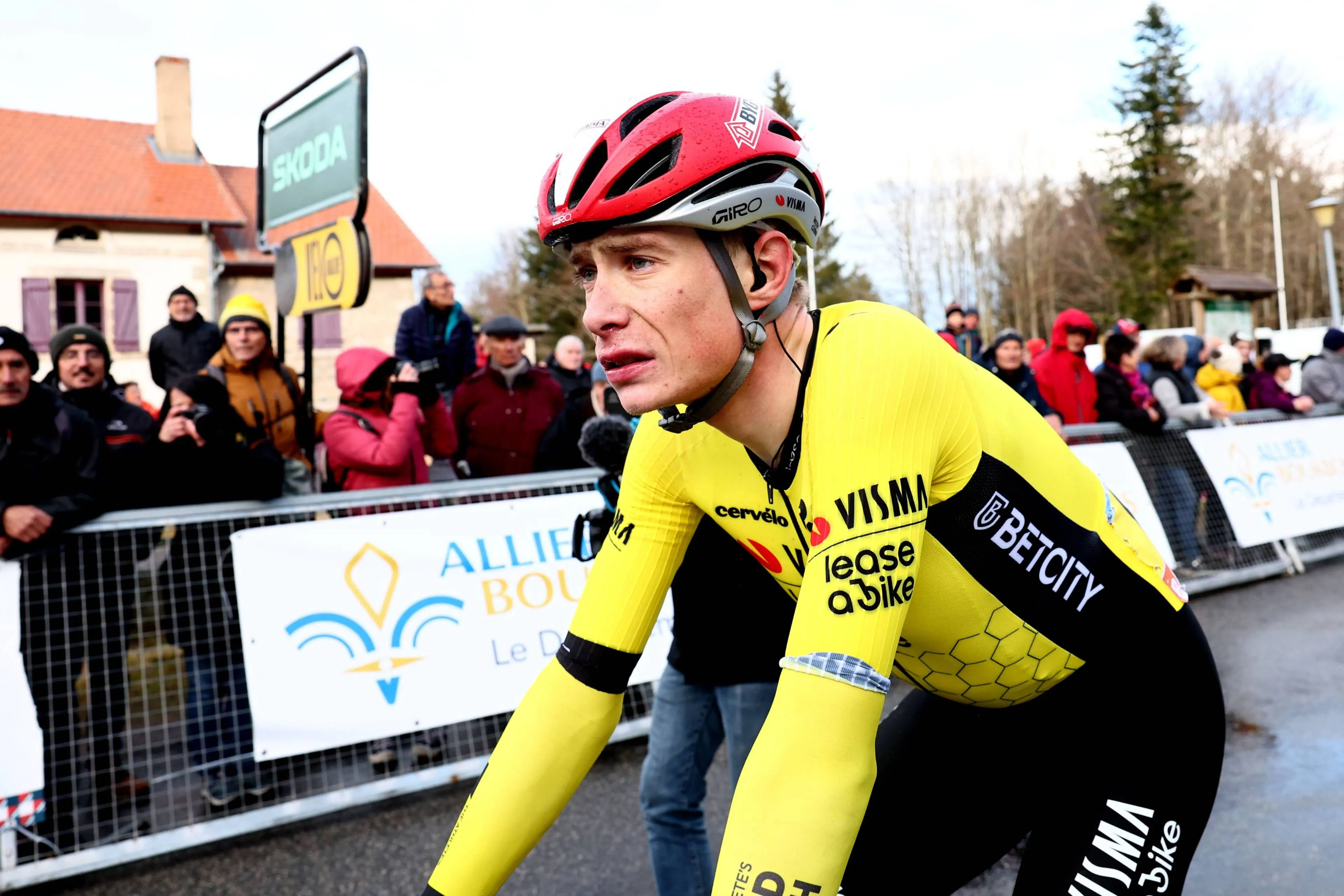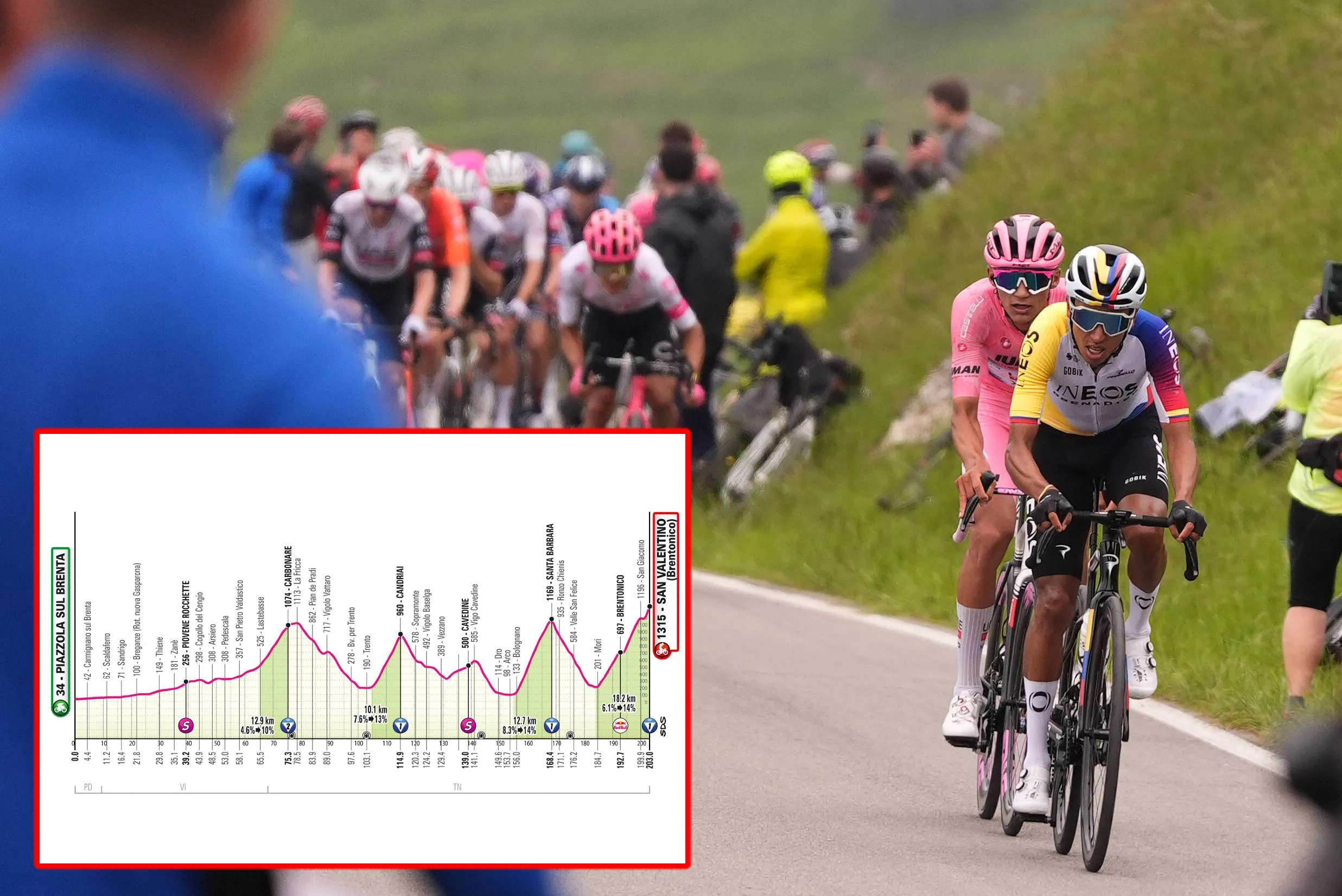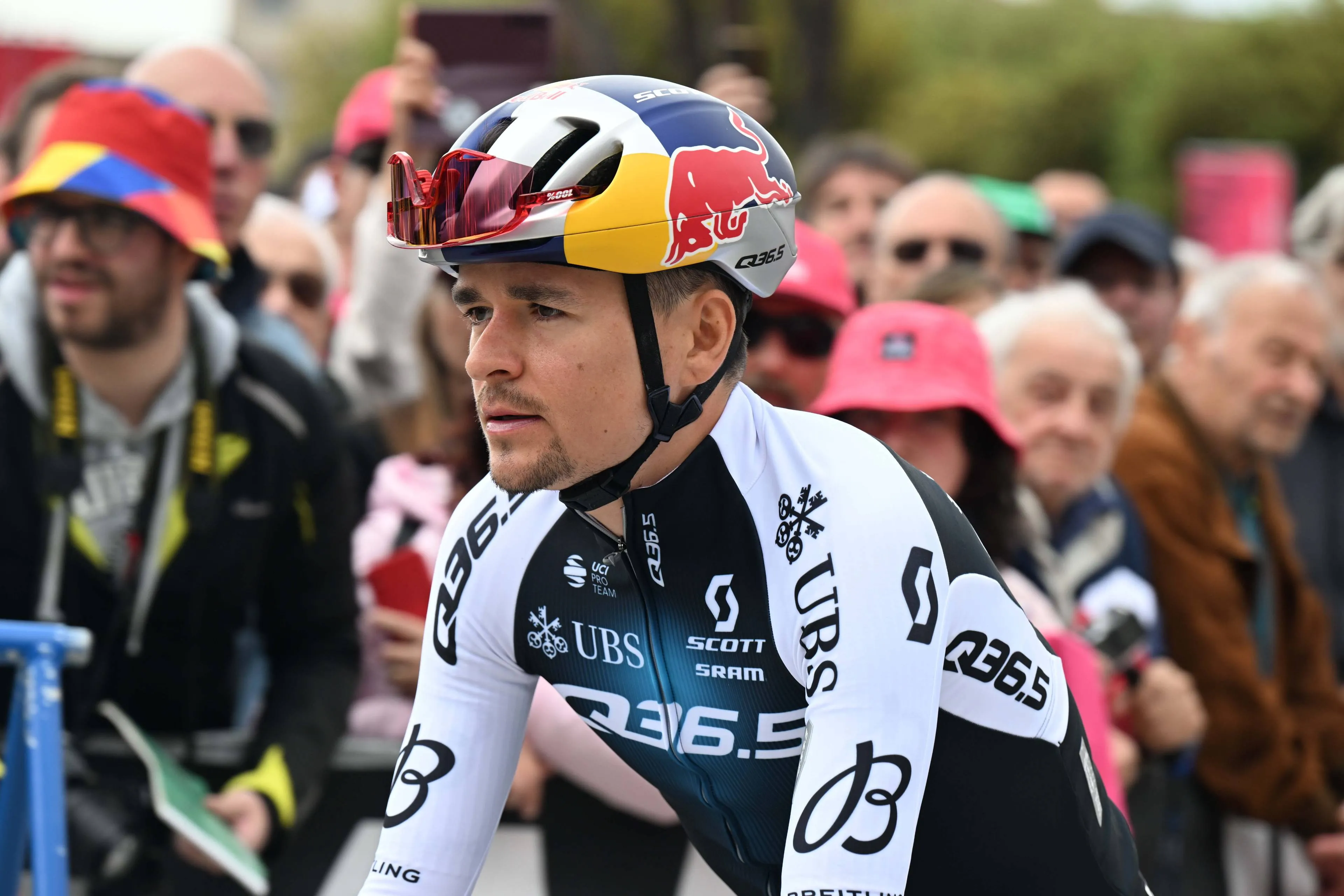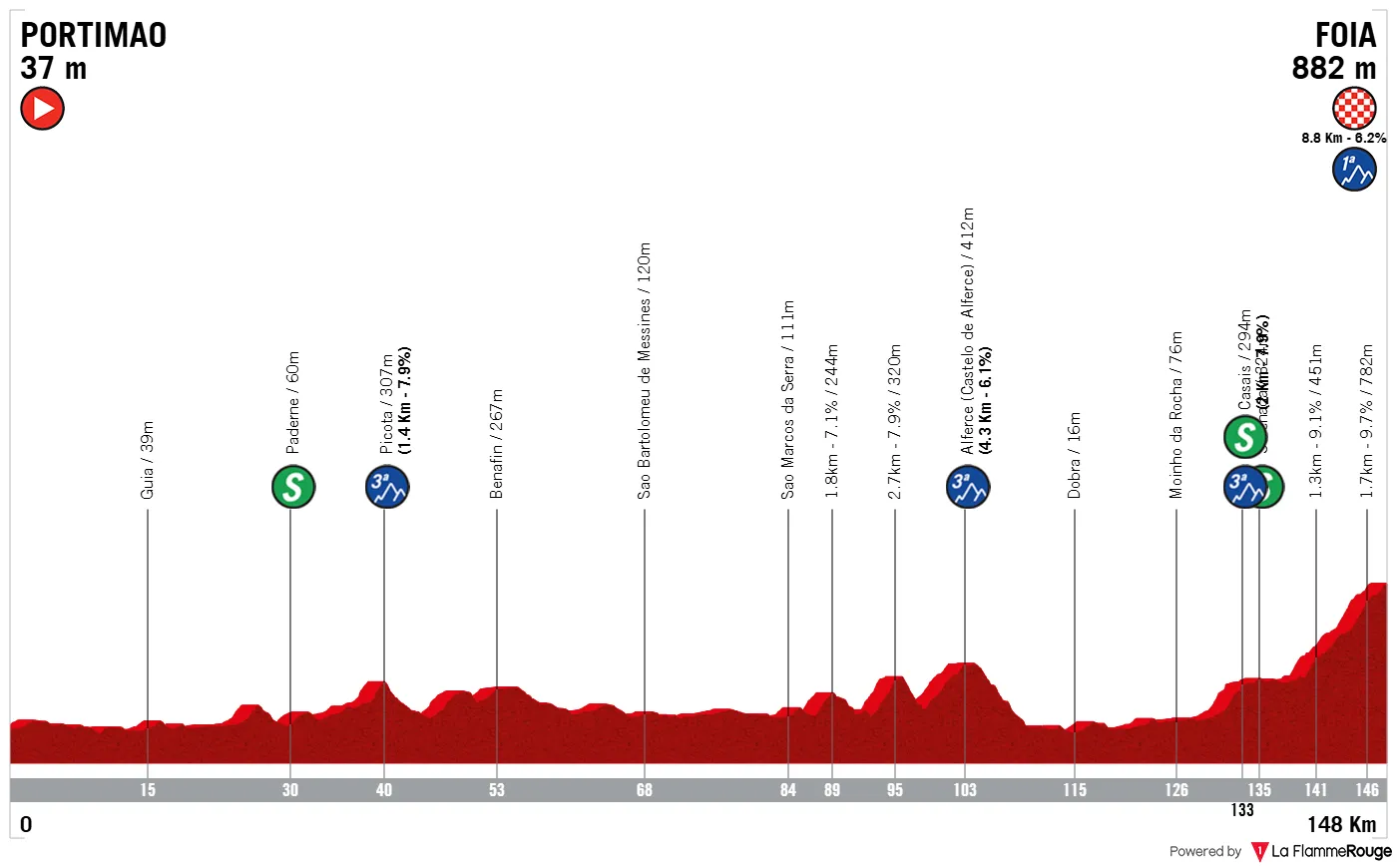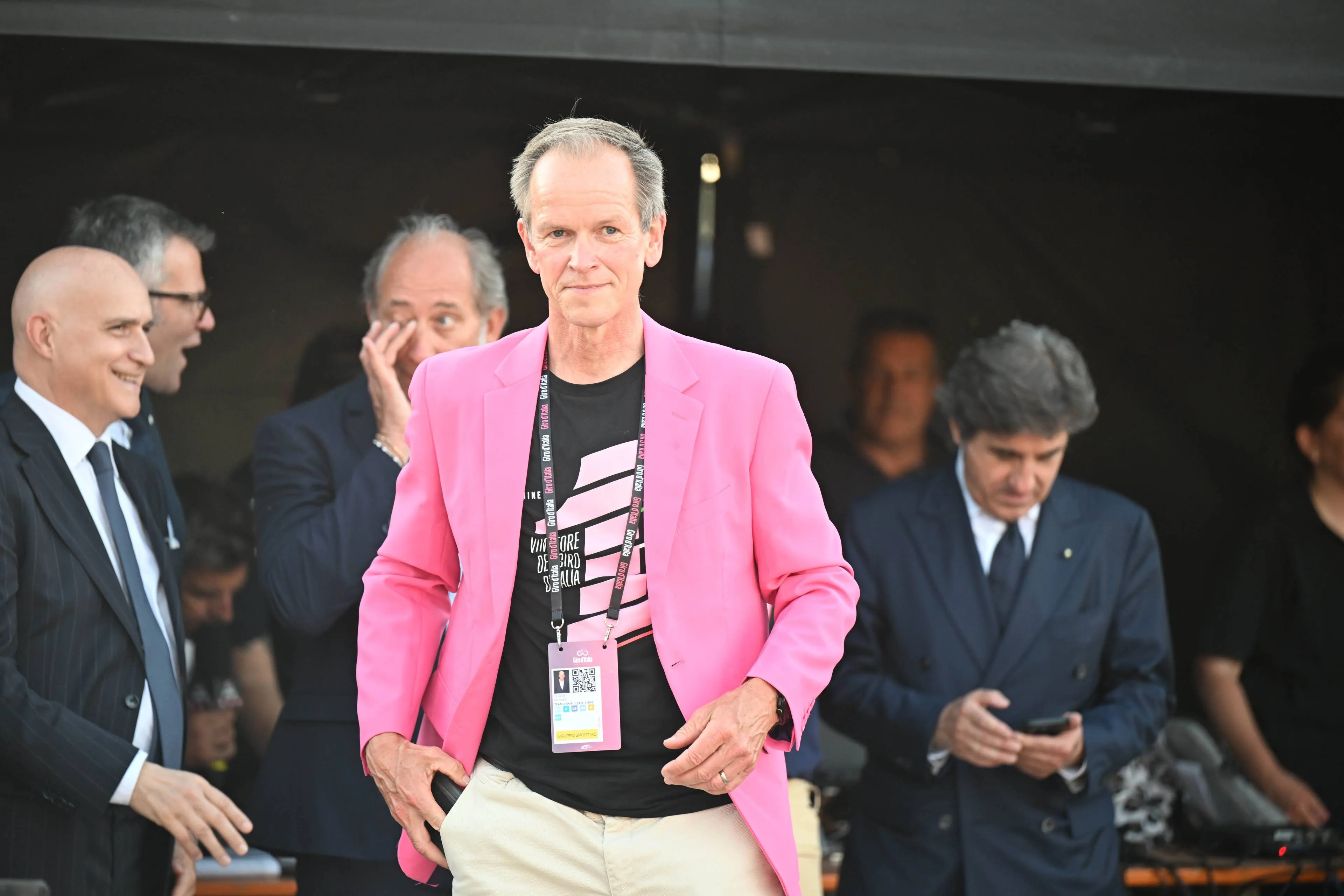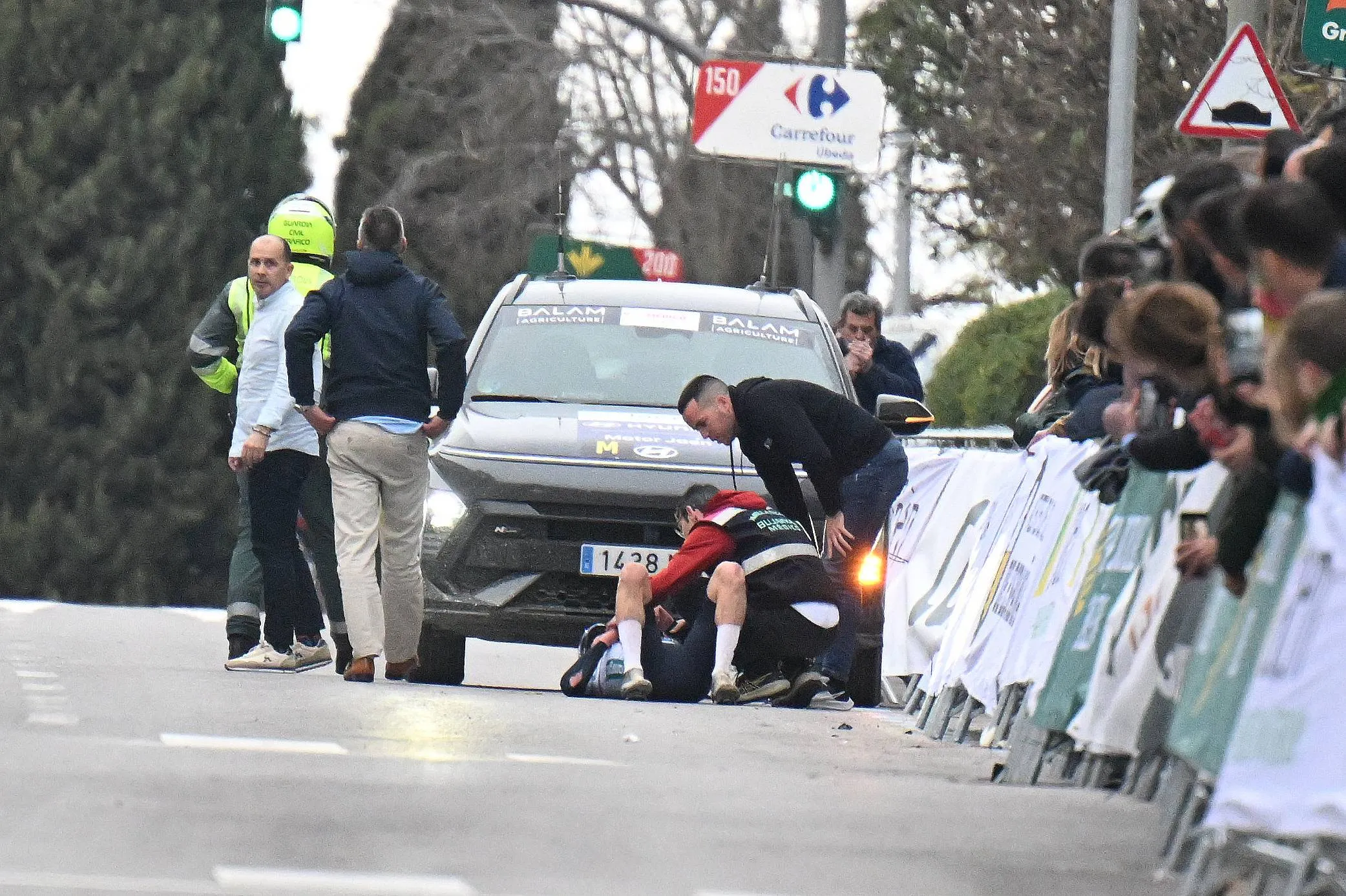“We don’t have any impact on the race” – Guimard unleashes damning verdict on sorry state of French cycling
CyclingTuesday, 27 May 2025 at 10:00
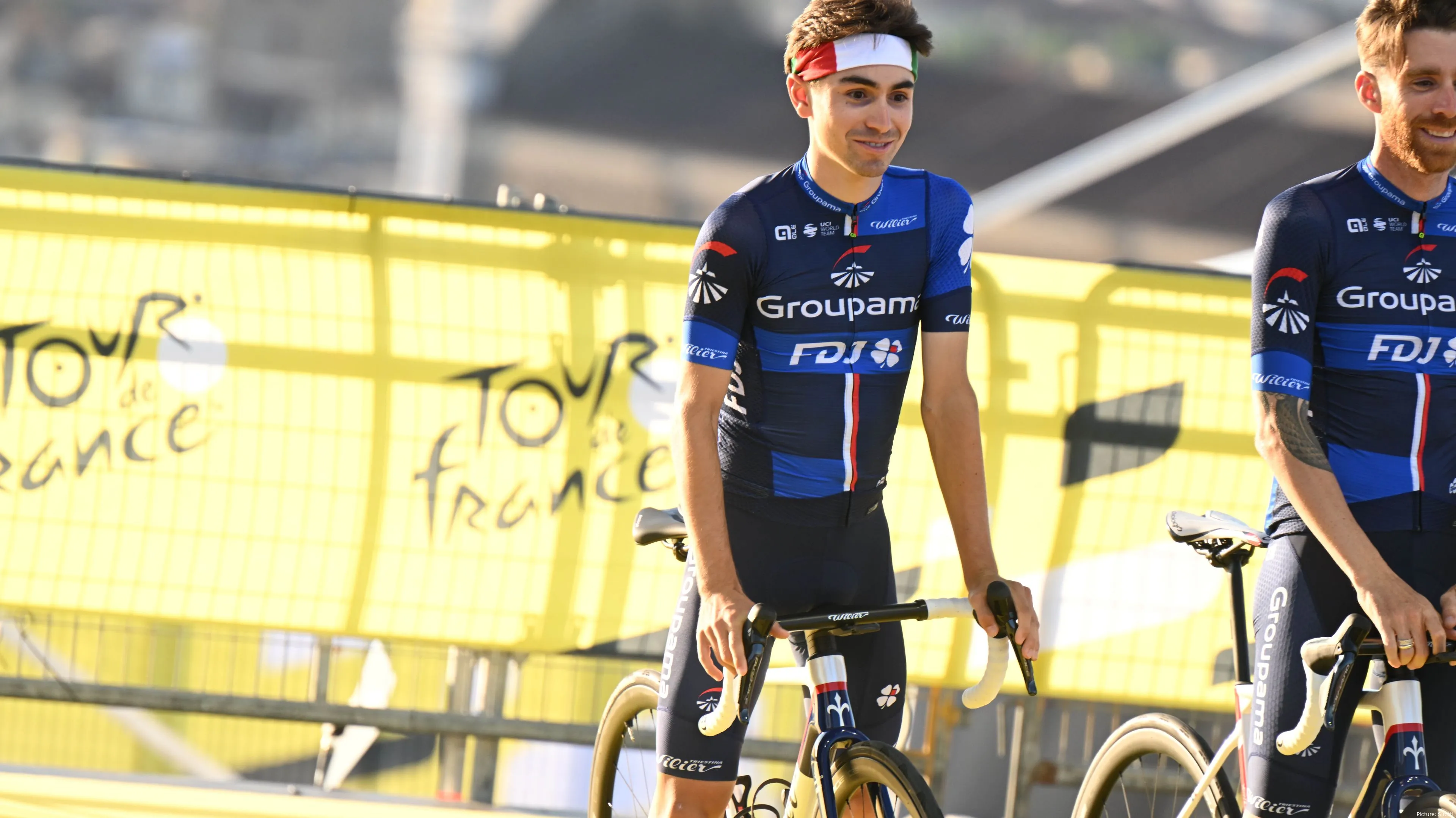
As the final week of the 2025 Giro d’Italia begins, the
headlines have rightly focused on the thrilling battle for pink. But back in
France, the mood is far more sombre. Cyrille Guimard, the iconic French
directeur sportif and former national coach, has delivered a bleak and
unfiltered assessment of the state of French road cycling, and it’s hard to
argue with him.
Writing in his column for Cyclism’Actu, Guimard did
not hold back: “French cycling is a little bit in decline. And the figures also
demonstrate this.” The data he points to is damning. As of today, France sits
eighth in the UCI nations ranking, having fallen from first place in 2020. That
slide isn’t just a coincidence, it reflects a deep and structural downturn in
French performance at the sport’s top level.
Read also
In the last few years, we’ve seen Thibaut Pinot retire, and
Julian Alaphilippe is no longer the rider he once was. So where is the next
French star?
Guimard highlights that only three French riders have made
podiums in major WorldTour one-day races so far this season: Paul Magnier at
Omloop, Kévin Vauquelin at Flèche Wallonne, and Lenny Martinez at the Tour de
Romandie. All second places. Zero wins. Outside of these, there is a glaring
absence of French riders in the sharp end of the biggest races. No presence at
Milano–Sanremo. None at the Tour of Flanders. Irrelevance at Paris–Roubaix.
Even in the so-called ‘lesser’ classics, France is nowhere to be found.
Read also
This isn’t just an issue of perception, it’s performance.
“We don’t have any impact on the race,” Guimard says plainly. There’s no
sugar-coating it. While the Coupe de France provides some domestic shine, 4, 5,
sometimes 6 French riders in the top 10, these are, as Guimard bluntly puts it,
“Franco-French races.” The moment the calendar shifts to international
competition, the tricolour fades from view.
Lenny Martinez, still only 21, is one of the few reasons for
hope. Guimard admits as much, calling him “incontestably the one who has been
the best since the beginning of the year.” But even Martinez’s results only
paper over the cracks. The wider ecosystem, teams, recruitment, development,
leadership, is faltering.
French teams are sliding too. Decathlon AG2R La Mondiale and
Groupama - FDJ, ranked 11th and 13th respectively, are showing some stability
but lack the depth to regularly challenge the super-teams like UAE Team
Emirates – XRG , Visma | Lease a Bike, Red Bull–BORA–hansgrohe, and INEOS.
Read also
Meanwhile, Cofidis, long a staple of the WorldTour, is
clinging to its status. XDS Astana is breathing down their necks, aided by a
strong Giro performance, particularly in the mountains classification. Without
Milan Fretin’s recent surge, Cofidis might already have slipped out of the
WorldTour bracket. As Guimard asks pointedly, “Will he single-handedly save the
team? I don't think so.”
Guimard’s dissection of the numbers is forensic. He notes
that even the top-ranked rider on a French team in the UCI individual standings
is not French, it’s Swiss time trial specialist Stefan Küng, sitting in 34th.
That alone underlines the issue. Not only are French riders not delivering, but
the foreigners riding for French teams are struggling too.

Romain Bardet will wave goodbye next month
Is this a question of talent? Management? Motivation?
Guimard doesn’t offer a single cause, he suggests several. The financial
argument looms large, French teams simply don’t have the budgets to compete
with the UAE’s and Visma’s of the world. “But there are other teams that don’t
have those budgets and that run relatively well,” he counters, pointing to
Soudal – Quick-Step and Alpecin–Deceuninck. The money gap is real, but it
cannot excuse everything.
Then comes the most provocative point: “France is the world
champion in terms of expenses.” The cost of employing a rider is higher in
France than in most other cycling nations, largely due to tax and labour
regulations. The implication is clear. some French teams may be financially
penalised simply by operating in France. Guimard doesn’t just raise the alarm;
he goes further: “Is it in the interest of French groups, French teams, to stay
in France? That is the question.”
Read also
It’s a controversial but not unfounded suggestion. If French
teams continue to lag in performance while struggling financially, relocation
might begin to look like a survival strategy rather than betrayal. Already,
teams from smaller cycling nations are outperforming their French counterparts,
not through heritage, but through smarter structures, talent pipelines, and
racing philosophies.
But, ouch, can you imagine how French teams outside of
France would be received?
What’s perhaps most frustrating is that just five years ago,
French cycling looked resurgent. Julian Alaphilippe was the reigning world
champion and tearing up the WorldTour calendar. French GC riders like Romain
Bardet and Thibaut Pinot remained relevant. Madouas had just claimed silver at
the Tokyo Olympics. Now, Alaphilippe is past his peak, Pinot has retired,
Bardet is no longer a contender, and Madouas (whom Guimard singles out) has
been “non-existent” in 2025.
Read also
French cycling, for all its tradition and passion, seems
caught between generations. The veterans are fading. The young stars, Martinez,
Magnier, and perhaps Romain Grégoire, show promise, but lack a clear pathway to
the top. And the teams, while numerous, are too fragmented and financially
constrained to build sustained success. Unlike the unified projects of UAE or Visma,
French squads often operate in isolation, unable to build a cohesive national
strategy.
Guimard’s column, then, is not just a scolding, it’s a
warning. The fall from first to eighth in the nation rankings in just five
years should be a wake-up call. His tone may be harsh, but his logic is hard to
dismiss. France is not simply underperforming, it is sliding towards
irrelevance at the very top level of the sport. And without urgent changes in
talent development, financial strategy, and structural cohesion, that decline
may continue.
So whilst the rest of us enjoy the final week of the Giro,
French eyes are turning to the Tour. Last year, there were some glorious
moments for the home nations, but did those moments hide a nation in decline?
Read also
claps 0visitors 0
Just in
Popular news
Latest comments
- Florian Lipowitz is secretly happy
 Rafionain-Glas19-02-2026
Rafionain-Glas19-02-2026 - The crucial thing to remember is that Remco was broken by the pace of Gall and Tiberi, not Del Toro's. Remco's excessive antics are because he doesn't want anyone to think that he's 'genuinely' struggling. You can always say 'he got cramps' because 'his preparation didn't go to plan', but the thing is that there is a limit to the number of excuses and exceptions that there can be. Eventually everyone just accepts that he's reached his ceiling on the climbs.
 Rafionain-Glas19-02-2026
Rafionain-Glas19-02-2026 - Bahraini suspicious..Santiago19-02-2026
- The problem is, a British 'boss' opening the gates, when the native workers not wanting them!
 leedorney19-02-2026
leedorney19-02-2026 - Who is overrating him on climbs? Everyone knows since ages it’s his weakness and needed years of work. Question us if he can do enough about it. For sure he won’t be able to improve his TT enough to compensate.Mistermaumau19-02-2026
- What do you call only seeing someone’s positives?Mistermaumau19-02-2026
- Remco banging his leg, just like he banged his saddle when pog dropped him. He ain't fooling anyone with those antics. I'm not a hater, but he's a bit overrated on serious climbs.Santiago19-02-2026
- Obviously isn’t learning from the Epstein fallout. The more you unravel the past the more undiscovered mess appears.Mistermaumau19-02-2026
- I like Tadej a lot (a lot, a lot) but you're a little exxagerated... Allow me to give you some advice: Never become a fanatic for something or someone (neither pro nor against, haters are against-fanatics). And never idolize human beings.
 maria2024202419-02-2026
maria2024202419-02-2026 - What about them? What did they get away with in the end?Mistermaumau19-02-2026
Loading
Write a comment
